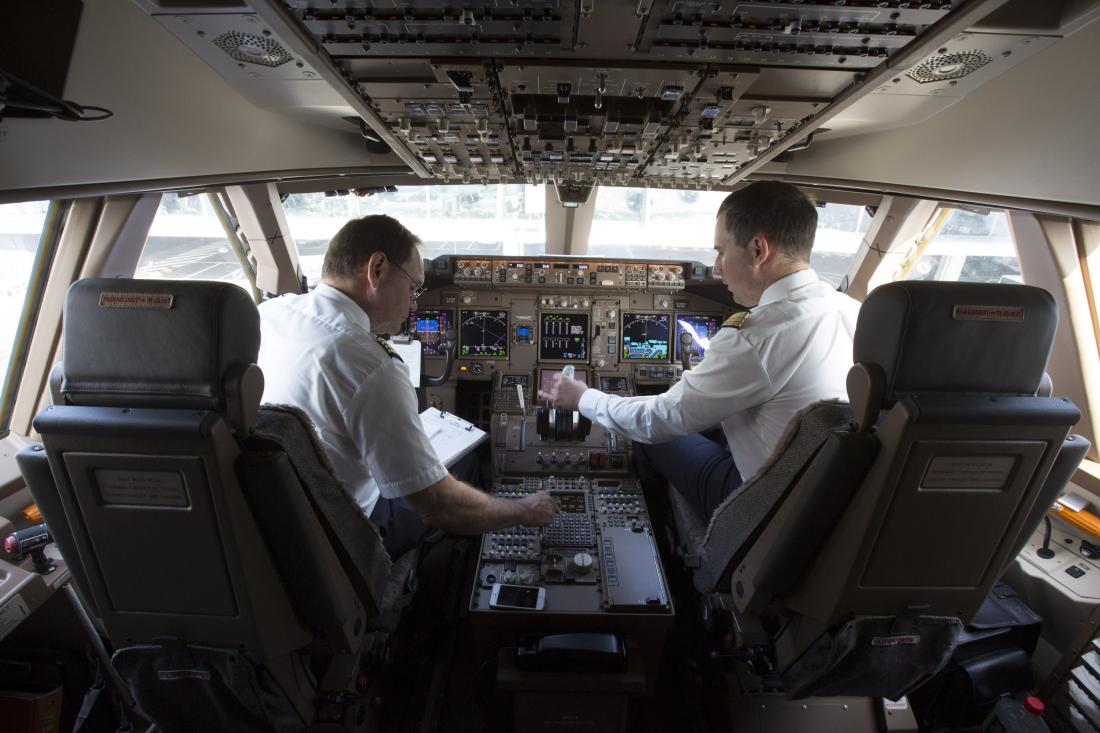
The Federal Government has announced a $21 million commitment to purchase a Boeing 737 simulator in order to increase pilot capacity.
Hadi Sirika, the Minister of Aviation, announced this while submitting his ministry’s scorecard in Abuja on Thursday, saying that the government has bought an automated fire simulator.
According to Sirika, Nigeria’s aviation sector was the second most recovered industry from COVID-19. He also stated that Nigeria had been re-elected as a Part II member of the International Civil Aviation Organization Council as a result of its achievements in the sector.
He noted that the upgrade of facilities at the Nigerian College of Aviation Technology had led to its designation by the ICAO as a Regional Training Centre of Excellence, adding the AIB had also been upgraded to a multi-modal accident investigation agency tagged, “National Transport Accident Investigation Board.”
“Five international airports (Abuja, Kano, Enugu, Lagos and Port Harcourt) have been designated as Special Economic Zones,” he said.
Highlighting some of the achievements by the Buhari-led administration, he said, ”An aviation leasing company, which would be private sector-driven, will be established to address the challenges of limited access to capital and high cost of funds.
“The ALC will provide leasing opportunities for Nigerian and African airlines in order to boost fleet size, alleviate the problem of aircraft leasing and high insurance premium charges.
“The development of Nigeria’s major commercial airports and surrounding communities into efficient, profitable and self-sustaining commercial hubs through increased private sector participation and Foreign Direct Investment (FDI) will create jobs and grow the local industry.
“Five international airports (Abuja, Kano, Enugu, Lagos and Port Harcourt) have been designated as Special Economic Zones.”












